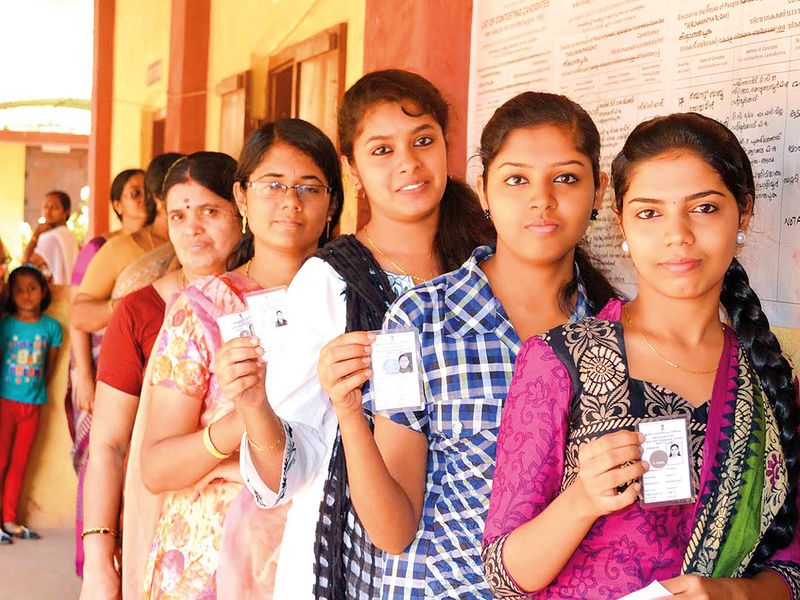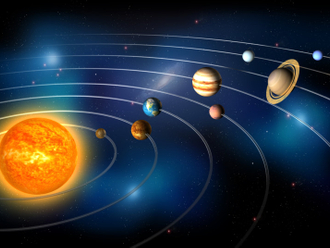In true style that has become the hallmark of the Modi government, last week the centre suddenly announced that it was setting up an eight member committee to look at a proposal that will fundamentally alter India’s federal democracy - ‘one nation, one election’. Which means holding all local and state polls along with national elections.
The announcement about the committee came soon after the government sprung another surprise- a special session of Parliament to be held from the 18th to the 22nd of September.
Even now, the agenda of that session is not known but Delhi has been buzzing with all kinds of speculation about what will happen- will they push through a bill for ‘one nation, one election’?
Will it be a bill for a uniform civil code? Will it be the much delayed women’s reservation bill? Or a law on reservations for OBCs or other backward castes? Will the Prime Minister call early Lok Sabha polls? Or will the special session just be a pat on the back for the moon landing and the just concluded G 20 summit?
A third term at the Centre
The fact is, no one knows. But the way the committee was promptly set up on ‘one nation, one election’ - with Home Minister Amit Shah on it - shows the government is serious about pushing this, either now or if it returns with a third term at the centre.
The idea of holding simultaneous polls is not new. Prime Minister Modi has been talking about it since 2014. And in fact, this is exactly what used to happen in independent India until 1967, until some state governments collapsed early in the following two years and the entire system of holding simultaneous elections was disrupted.

This is also not the first committee that has studied the feasibility of ‘one nation, one election’. It will be the fourth. Earlier, a parliament committee, the Law Commission and the government think tank, NITI aayog, had all looked at the issue in great detail.
In 2018, a draft report by the Law Commission draft said simultaneous elections couldn’t be held within the existing framework of the constitution, which would have to be amended along with the Representation of the People Act 1951, and the Rules of Procedure of Lok Sabha and state Assemblies.
They also said 50% of states should ratify the constitutional amendments. An earlier Law Commission report in 1999 had suggested holding simultaneous polls, but warned that this should not rushed through.
No confidence motions?
As experts have pointed out, holding simultaneous polls means the terms of a large number of state assemblies will have to be curtailed/extended for an initial synchronisation of the state elections with that to the Lok Sabha. Would be central rule in a state whose assembly dissolves early until the next elections are due? And what happens to no confidence motions?
Something as hugely disruptive as this requires thorough debate and discussion. The beauty of India’s democracy lies in both it’s national elections and the unique politics that defines state polls. In other words, it’s federal structure.
The BJP publicly says simultaneous polls are about saving money but what they are really hoping for is national sentiment which is largely believed to be with the BJP at the moment, sweeping voters at the state level too if polls are held together.
While the BJP is strong nationally, it faces its only real political challenge at the state level. They lost Karnataka earlier this year and the state polls coming up this winter are also proving to be a challenge.
Several Constitutional amendments
The new committee set up by the government does not have a single regional party representative. Barring the token announcement of the Congress party’s Adhir Ranjan Choudhary (who later refused to be part of it), most of the others have views that they have expressed in public which are sympathetic to the government.
Interestingly, the government had told parliament earlier this year in a written reply about the challenges in holding simultaneous polls, which included bringing amendments in not less than five articles of Constitution, the need to have the consensus of all political parties and state governments and the requirement for more EVMs or electronic voting machines which “might be in thousands of crores”.
Which is why this sudden move to revive this debate needs to be answered with much more transparency by the government. They need to dispel the doubts that this has more to do with centralising power and making India all about ‘one nation, one election - one party’.










